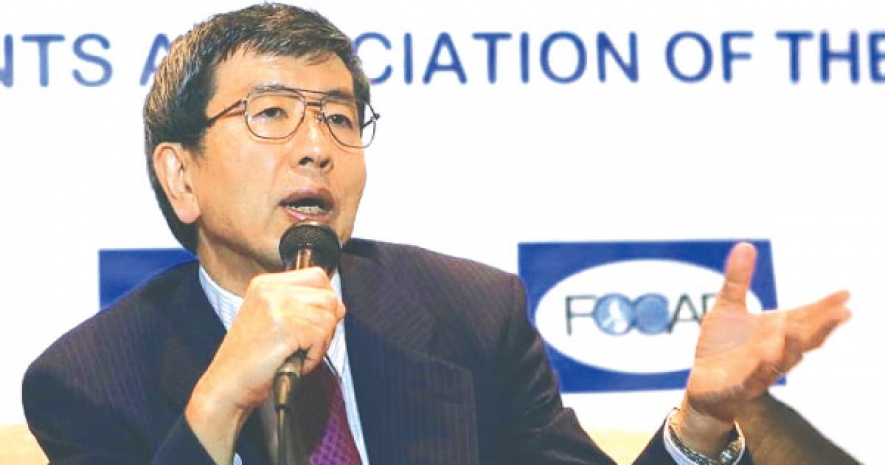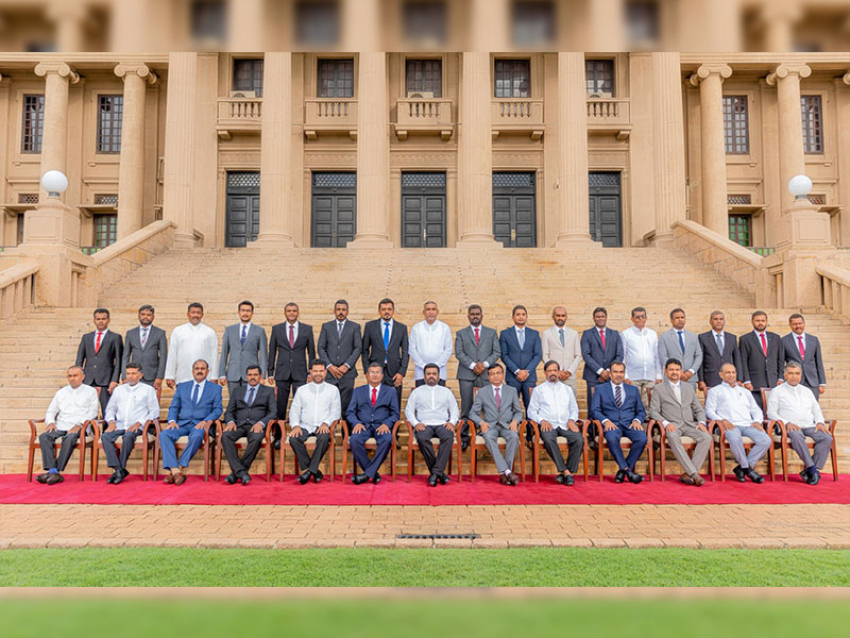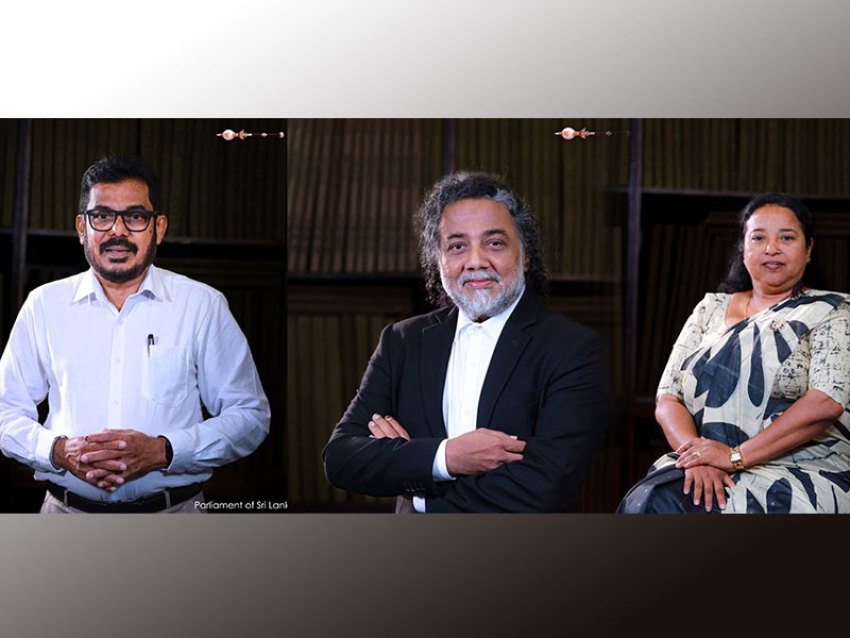“We have to come to grips with the new reality of growing income inequality and this is a very important political issue in the region. We have been promoting the idea of market oriented development, but there are so many kinds of complaints mainly because of widening inequality. We should address these issues more seriously. We cannot just let market decide everything,” he said responding to a question of a journalist.
“We need policies to support people affected by this technological development. Some people might lose jobs and they cannot easily find jobs. Re-training, education and social protection are important to tackle this issue. We need to provide minimum protection for life for the people affected,” said the President.
The President made these comments in reference to the findings in the report “Asian Development Outlook 2018: How Technology Affects Jobs” which was launched last month. Economists Elisabetta Gentile and Sameer Khatiwada, the co-authors of the report, pointed out new technologies will alter skills requirements and may cause unemployment as some firms downsize or close.
“Our message is that indeed technology is associated with a decrease of jobs, but the boost in productivity that technology gives to the economy allows demand for goods and services to grow up. This is because some people are making money through them. New jobs appear every time there is new technological advancement. The challenge for our workers is to re-train them and learn the new skills,” said Elisabetta Gentile delivering a presentation to media. The ADB President further observed that the trade has picked up in Asian countries since the beginning of 2017. He attributed this growth to open trade and the investment regime in addition to stable macroeconomic policies and advised to continue them.Responding to a question on the private sector involvement and Public-Private Partnership (PPP), the ADB President noted, “To fill the infrastructure gap and to attain the Sustainable Development Goals (SDGs) we need to involve the private sector. It must be done in an efficient way. We need to mobilize both resources as well as private expertise to invest in the infrastructure and some of them can be helped by ADB. We already established a PPP Office. However, the PPP is not magic policy to resolve all the issues. It should be designed and implemented in a very fair, transparent and wise way”.Speaking on the Belt and Road Initiative of China, he said the ADB has been promoting the idea of regional integration and cooperation since 1990s. “We need to have connectivity between countries. The ADB established this idea and we are happy to cooperate with Belt and Road Initiative,” he said.
“If countries borrowed too much for certain infrastructure without serious economic feasibility, they would face more struggles in repayment. Because of bigger presence of these new ideas like Belt and Road Initiative and institutions like Asian Infrastructure Investment Bank (AIIB), debt sustainability issues must read carefully,” Takehiko Nakao added.aaaaaaaaaaaaaaaaaaaaaaaaaaaaaaaaaaaaaaaaaaaaaaaaaaaaaaaaaaaaaaaaaaaa




















